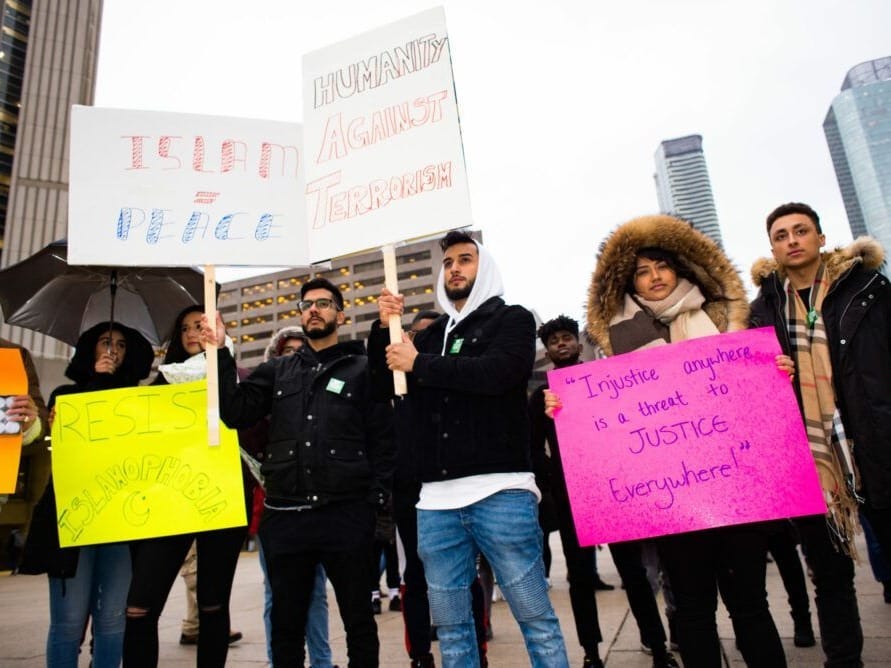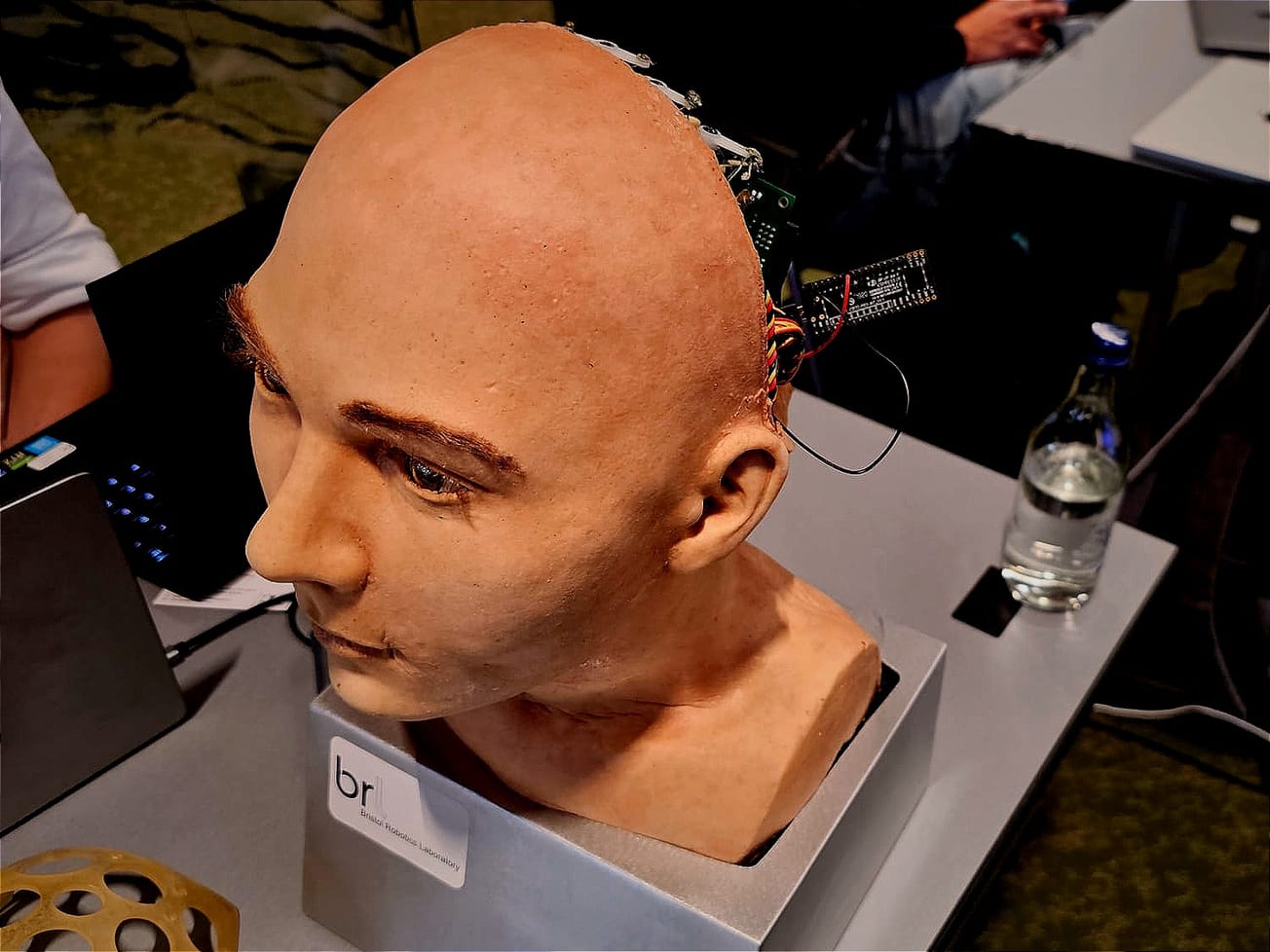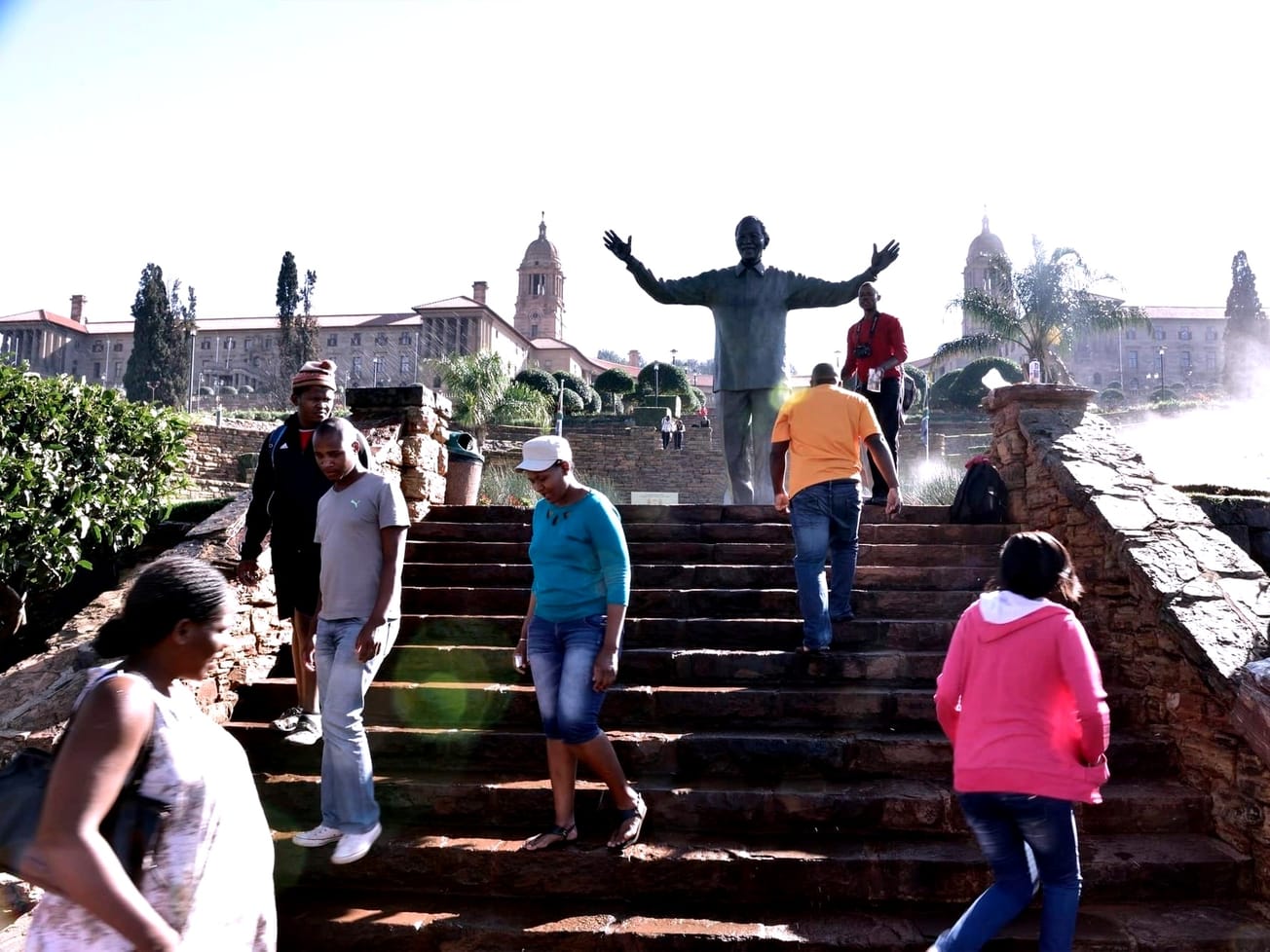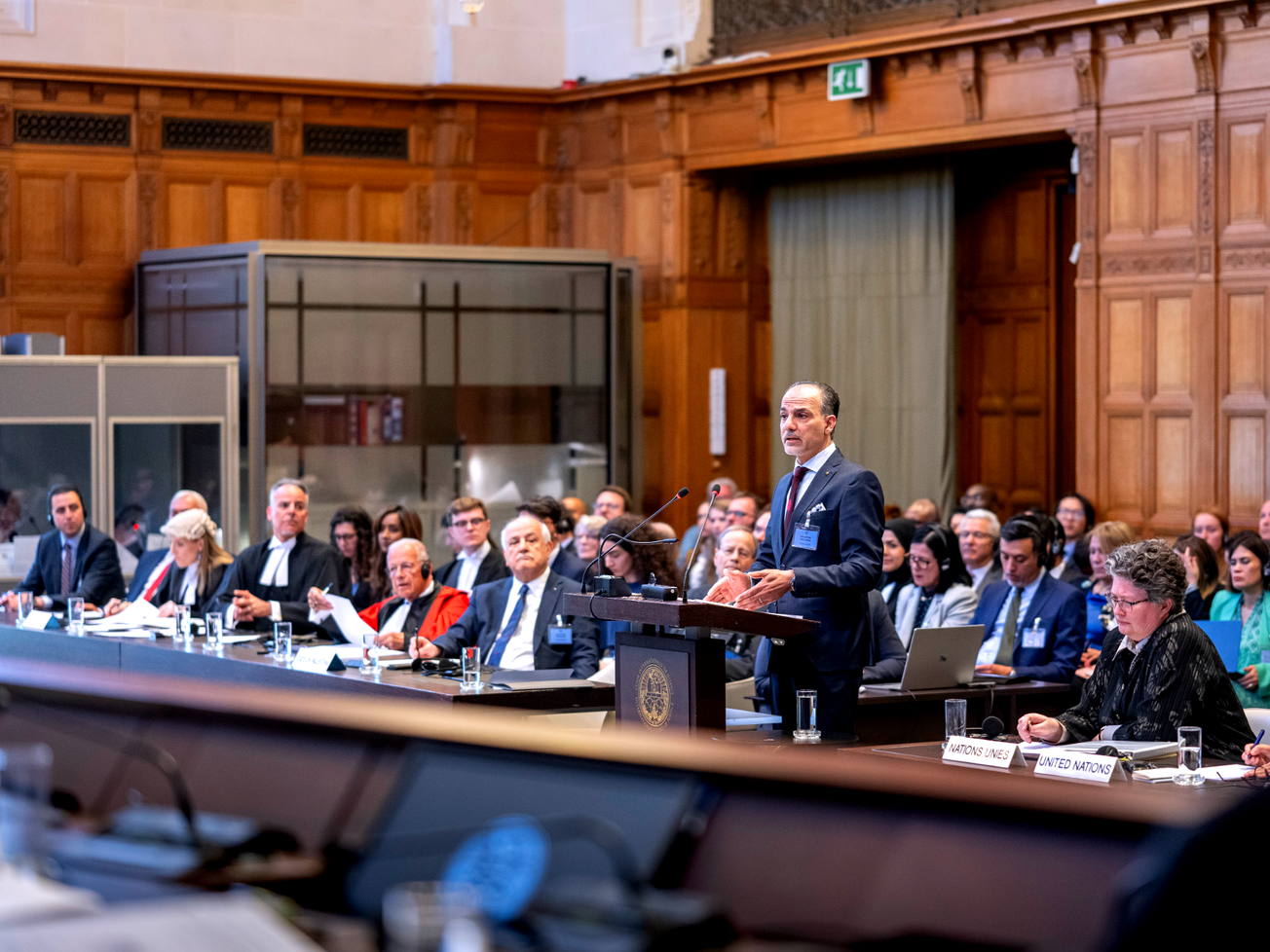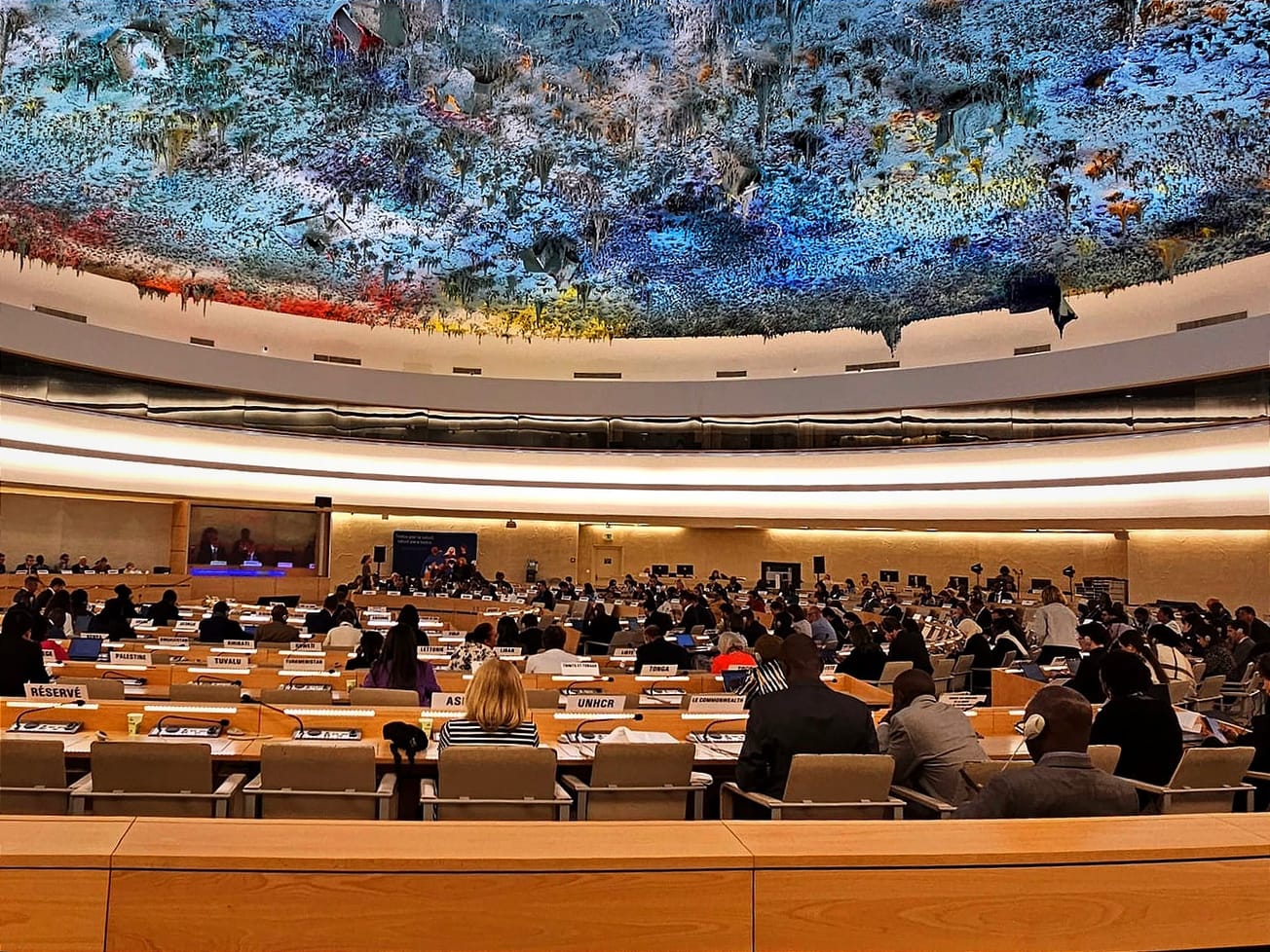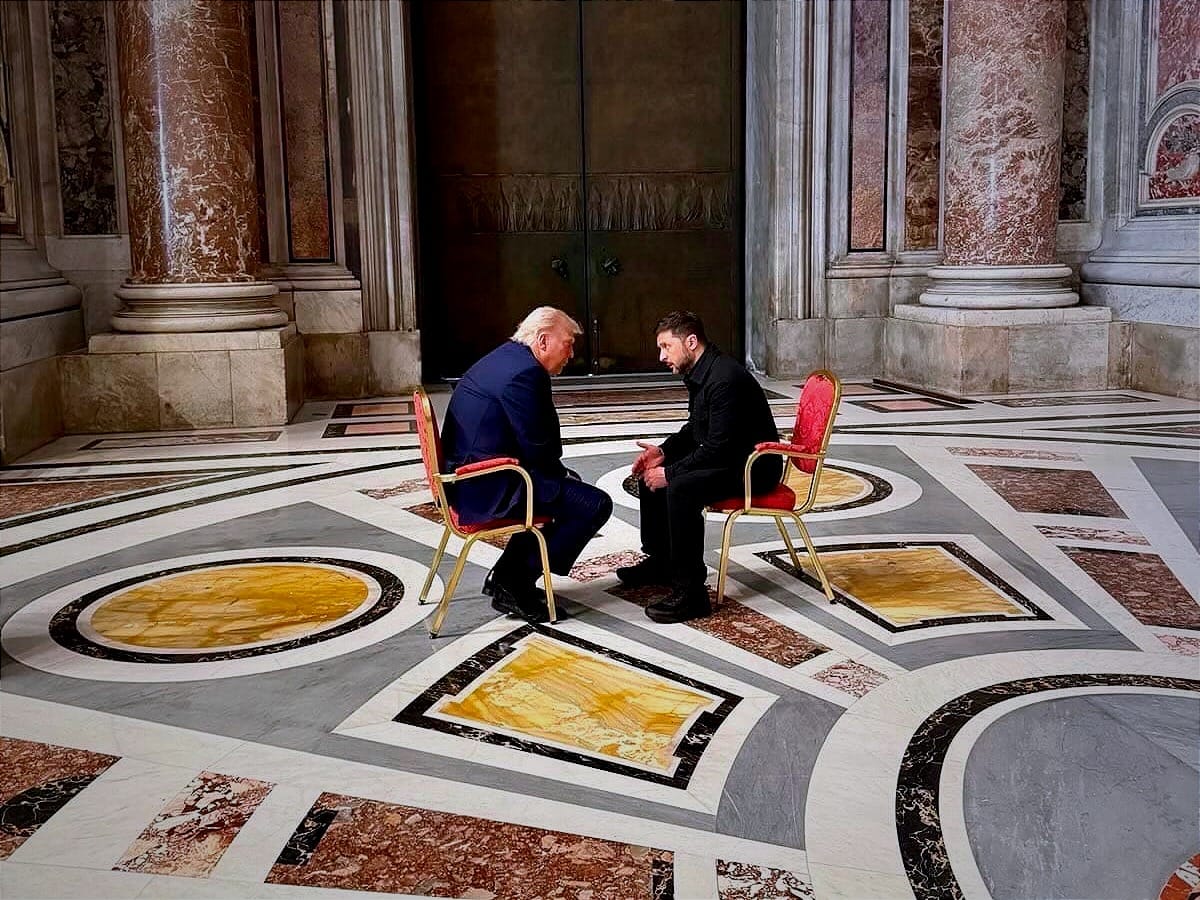Proponents gained momentum for a new global accord aimed at keeping internet platforms from being used by online extremists to organize and spread hatred and violence.
French President Emmanuel Macron and New Zealand Prime Minister Jacinta Ardern on Wednesday led a Paris meeting at which a dozen nations and some of the world's biggest tech companies joined in the push for an international agreement to fight the online efforts of extremist groups.

